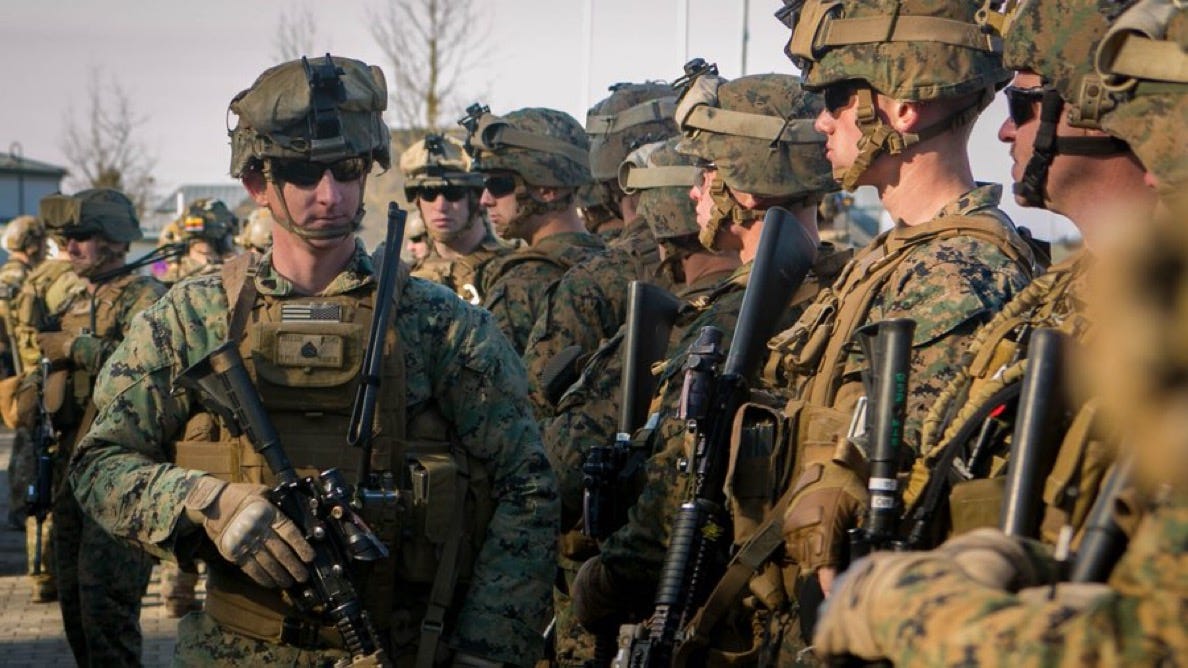Concerns of Long COVID in the Marines
25% Long COVID in US Soldiers
Long COVID poses significant challenges for the U.S. Marine Corps, affecting both the health and operational readiness of its personnel. Recent studies and reports highlight several key concerns:
Prevalence and Impact
- High Incidence Among Young Marines: Research indicates that about 25% of previously healthy U.S. Marines showed symptoms of long COVID even after mild or asymptomatic infections. This is notable given the young median age (18) and the prior physical fitness of the Marines involved[3].
- Common Symptoms: The most frequently reported symptoms include loss of taste or smell, shortness of breath, and cough. These lingering effects can significantly impair physical performance, which is critical for military duties[3].
Operational Challenges
- Reduced Combat Effectiveness: The persistence of symptoms like fatigue and shortness of breath can reduce physical performance, impacting tasks such as running and other fitness evaluations crucial for combat readiness[3].
- Mental Health Concerns: Long COVID can also lead to mental health issues such as brain fog and mood changes, further affecting a Marine's ability to perform their duties effectively[1][5].
Health Management and Support
- Need for Comprehensive Care: There is a growing need for tailored medical support and rehabilitation programs to help affected Marines recover and return to full duty. This includes both physical and mental health interventions[6].
- Vaccination as a Preventive Measure: Vaccination has been shown to reduce the risk of developing long COVID significantly. Studies among veterans indicate that vaccinated individuals have a lower incidence of long COVID compared to their unvaccinated counterparts[4].
Organizational Response
- Tracking and Support: Currently, there is limited tracking of how many service members are affected by long COVID, which complicates efforts to provide necessary medical care and accommodations[1].
- Policy Implications: The potential for long-term disability from long COVID raises questions about career impacts for Marines who may not be able to meet physical requirements due to ongoing symptoms[5].
In summary, long COVID presents a multifaceted challenge for the Marine Corps, affecting individual health, unit readiness, and overall military effectiveness. Addressing these concerns requires a coordinated approach involving medical care, policy adjustments, and preventive measures like vaccination.
Sources
[1] What happens to COVID long-haulers in the Army? - Army Times
[3] Research shows 25% of previously healthy US Marines ...
[4] VA study highlights role vaccination plays in preventing Long COVID news.va.gov/133417/va-stud…
[5] Army Public Health Center provides update on Long COVID risks


